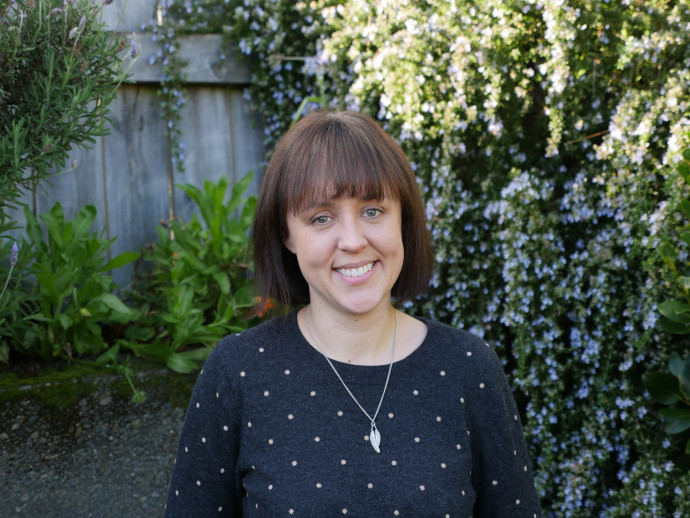Rachael Shaw

2016: Dr Rachael Shaw, Victoria University of Wellington, School of Biological Sciences, has been awarded a Rutherford Discovery Fellowship for research entitled: 'Wild intelligence: Exploring the evolution, function and conservation applications of cognitive traits'.
Biography
Dr Shaw is an animal cognition researcher who uses behavioural-based experiments to explore the function and evolution of intelligence in non-human animals. After completing her undergraduate and Honours degrees at the University of Auckland, Rachael was awarded a Cambridge-Rutherford Memorial Scholarship to undertake PhD studies in the Comparative Cognition lab at the University of Cambridge. Her doctoral research, completed in 2013, revealed that members of the crow family possess a sophisticated understanding of social interactions. In early 2014 she joined the School of Biological Sciences at Victoria University of Wellington as a Rutherford Foundation New Zealand Postdoctoral Fellow. Her Marsden Fast-Start funded research established a study system for examining the function and evolution of cognition in the wild, using North Island robins at Zealandia Sanctuary in Wellington. Her research has developed methods for quantifying individual variation in the cognitive abilities of wild birds and revealed that robins may possess a ‘general’ intelligence, similar to IQ in humans.
Research summary
How does intelligence evolve? To understand how selection may act on cognitive traits we must test cognition in the wild, within the context of all other factors that influence survival and reproduction. This is logistically challenging, as most wild animals will avoid humans. However, Dr Shaw has established a natural laboratory for studying cognition in the wild, focusing on two animals that have never evolved fear of humans: the North Island robin and North Island kaka. Her research will use behavioural-based tests to quantify individual variation in the cognitive abilities of wild robins and kaka and investigate the link between cognition and behaviours that are key for survival and reproduction (including foraging, mate provisioning and nest building). This research will reveal whether cognitive traits fulfil the requirements for natural selection by assessing whether there is 1) individual variation in cognitive ability 2) that influences reproductive success 3) and is inherited by offspring.
This research will also create new, cognitively-based conservation techniques aimed at enhancing the survival of urban robins and kaka. Zealandia is a 'mainland island' sanctuary; 225 ha of regenerating forest surrounded by a predator proof fence, with all mammalian predators (except mice) removed. The sanctuary's proximity to a major urban centre has created an unprecedented conservation issue, as vulnerable endemic species are dispersing beyond the protection of the sanctuary and into a risk-filled urban environment. By providing insight into how cognition influences behaviours that are crucial for survival and reproduction, Dr Shaw’s research will develop cognitively-based strategies for manipulating behaviour (e.g. exploiting social learning to encourage robins to nest well above the ground), ultimately enhancing the survival of individuals that disperse beyond the protection of the sanctuary.
